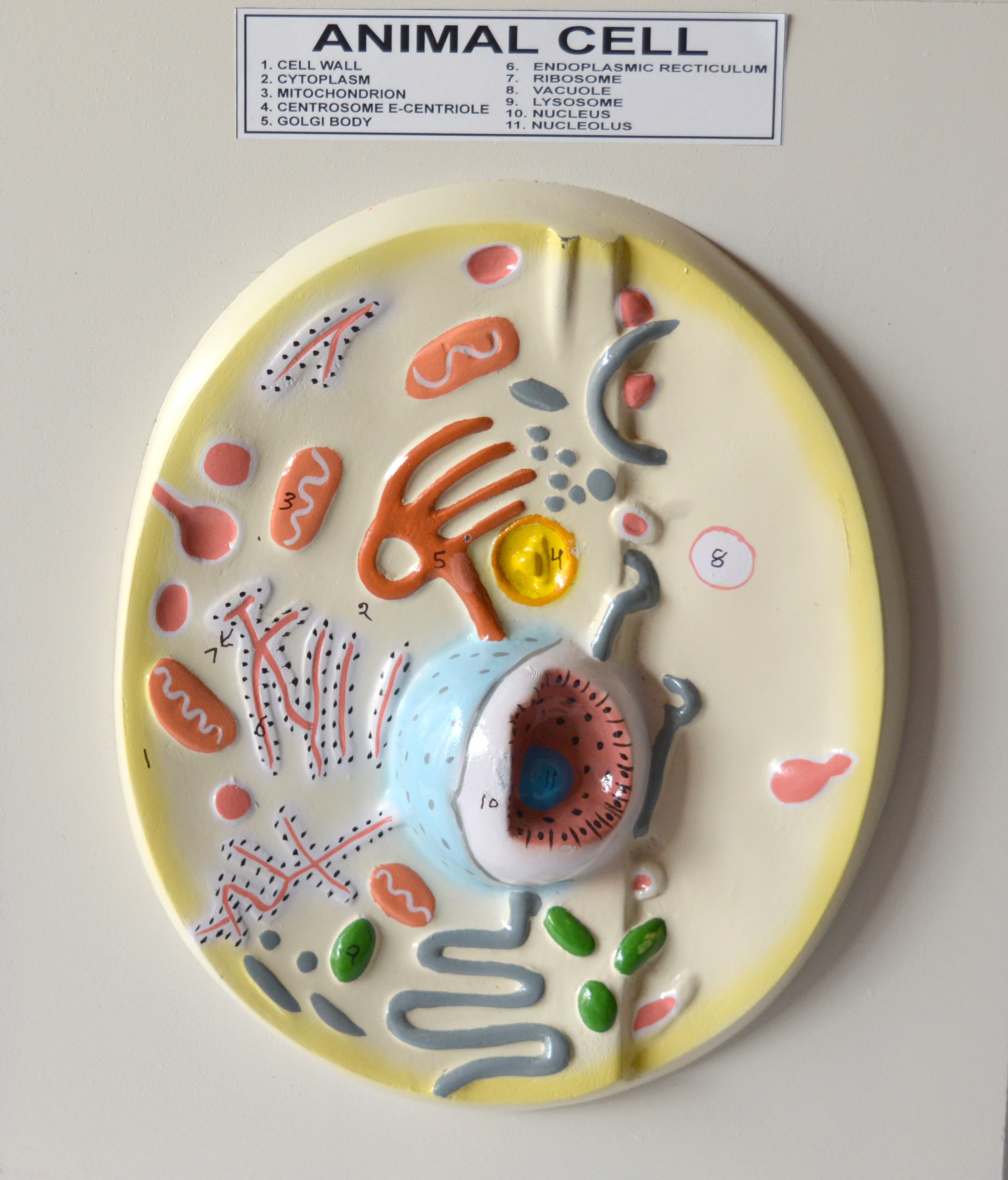If you like reading about philosophy, here’s a free, weekly newsletter with articles just like this one: Send it to me!
“I remember wanting a family, but was that because that’s what women are supposed to want? How do you know if you want something yourself or if your upbringing programmed you to want it?” So spoke Trinity, protagonist of The Matrix movie.
Trinty’s insight captures a challenge that we all face: We want things, but we do not know whether these wants originate from us or whether they have been implanted in us by society and culture. Was it Trinity who wanted a family, or was she programmed to want a family? Trinity found her answer: she wanted to fight for freedom. She discovered that she was once a freedom fighter, fighting to liberate the world from the exploitation of machines. Then machines imprisoned her mind in the artificial simulated world of The Matrix; in this simulated world, she experienced fake wants and fake needs that distracted her from her real yearning. Trinity eventually freed herself from the manipulation of machines and opted for a life of self-determination and freedom.

Like Trinity, we are all exposed to forces that impose on us artificial wants and needs. If we want to be free, we must critically reflect on these forces. Such a reflection is much needed today as we are realizing the threat to freedom that actors in the current globalized digital economy are posing. Just a few days ago, Nevada’s attorney general initiated a lawsuit against several social media platforms accusing them of functioning as “addiction machines” that exploit and manipulate youth1, a similar lawsuit was filed in California last year. Emergent technologies, emergent market practices, misinformation, and so many other forces are all converging to deprive us of our agency and turn us into passively manipulated objects as opposed to free agents.
This article introduces Immanuel Kant’s conception of freedom, a conception that emphasizes our duty to critically examine the sources of our wants, desires, and all types of inclinations that act on us, and to scrutinize the social and natural forces that instill these inclinations in us.
Doing what we want does not necessarily make us free
In the traditional liberal conception of freedom, being free stands for the ability to do whatever one wants without interference or coercion from others. Yet, this conception of freedom is incomplete. Doing what we want does not make us free, because some of our …
Read the full article which is published on Daily Philosophy (external link)






